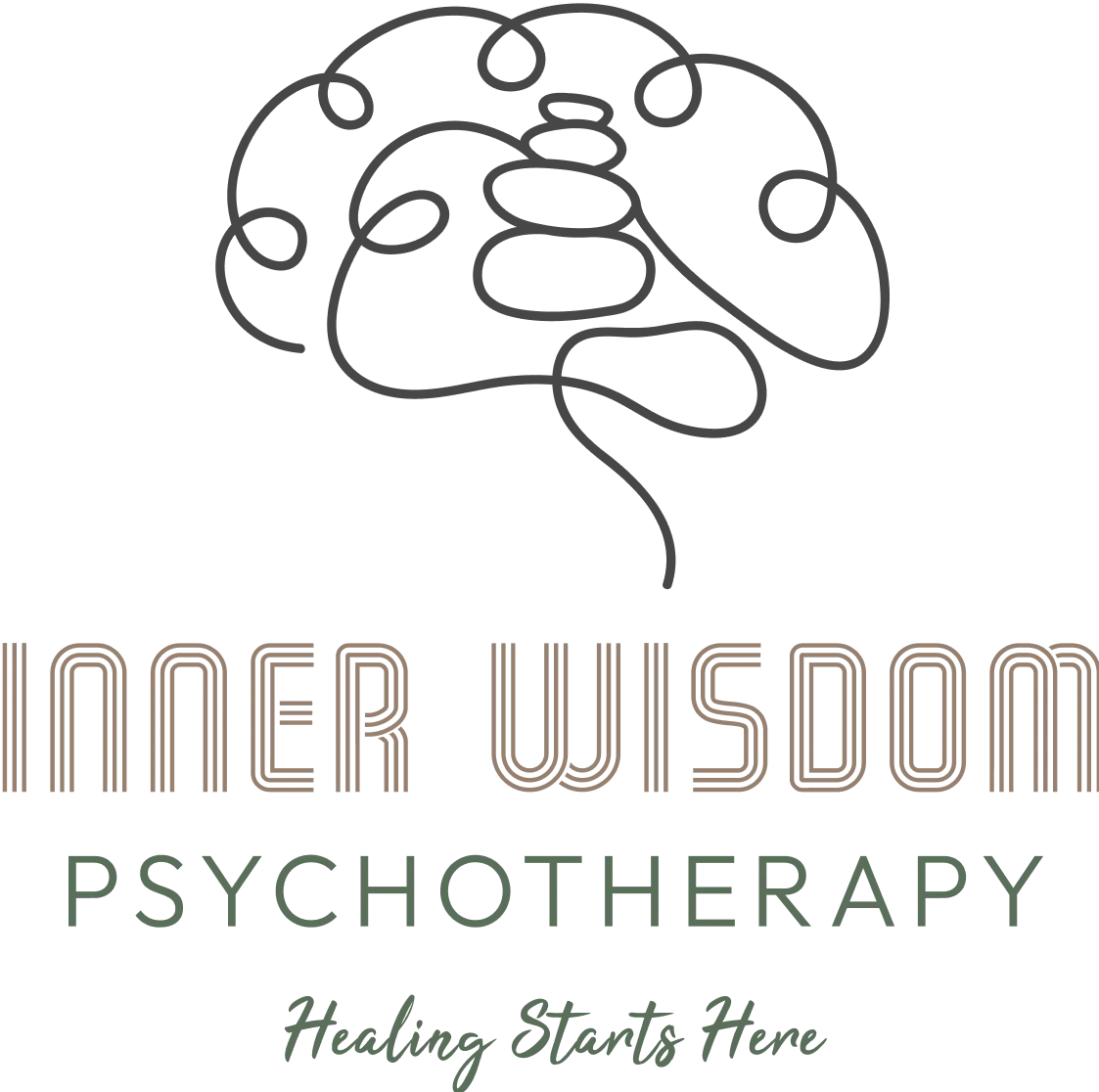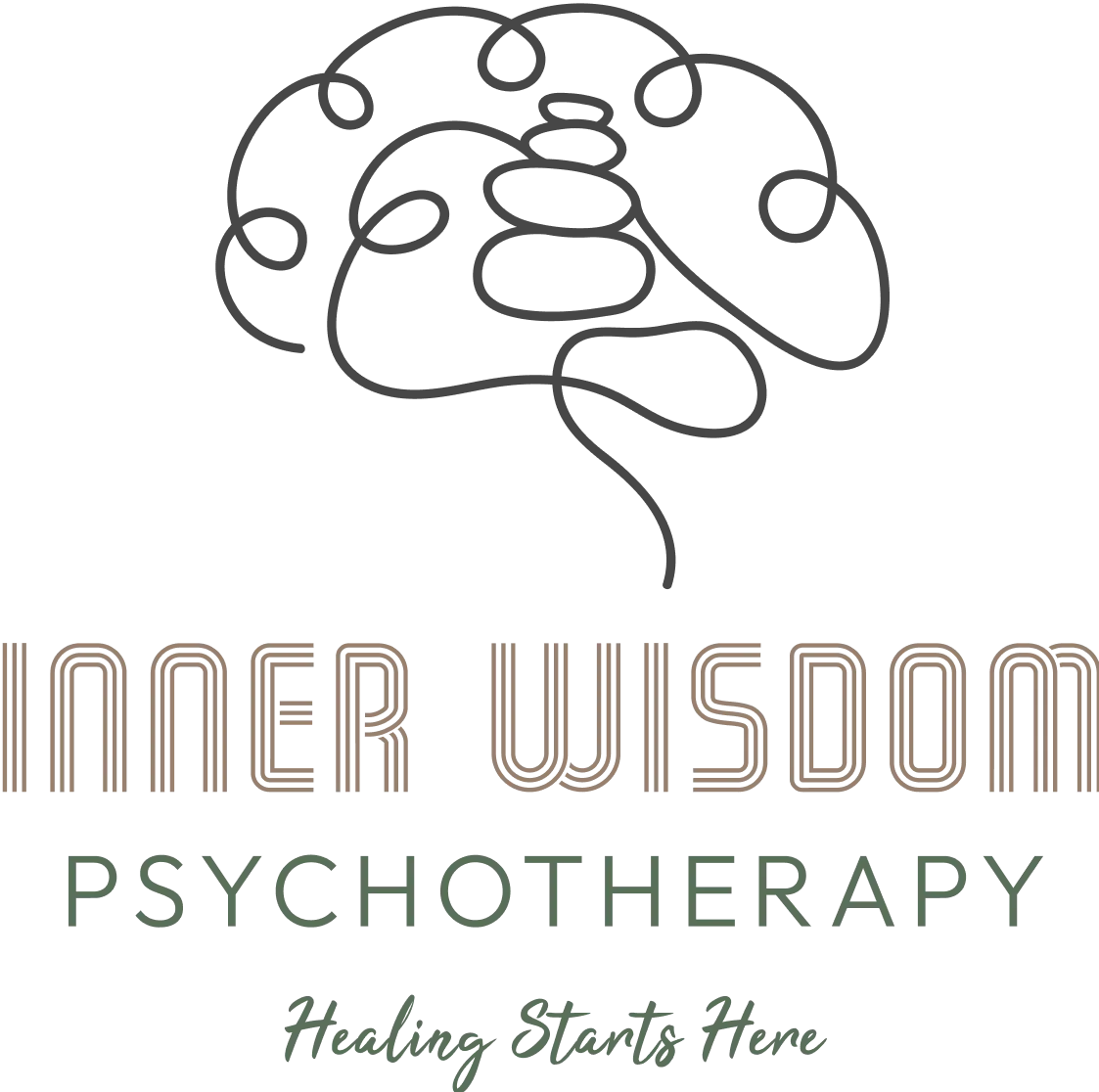
My Emotions Feel Overwhelming and Confusing, What can I do to Stop this?
Do your emotions feel like they are overtaking you, ruining your mood or making life really hard?
“My anxiety comes out of nowhere”
“I don’t know why I feel scared when I try to say ‘no’ to my family”
“I am angry all the time and don’t know why”
“Sadness rules my life, it just doesn’t stop”
Difficult emotions are a common experience and its one of the main concerns I hear from my clients. In fact, many individuals reach out for psychotherapy due to their emotions feeling too strong, unpredictable, confusing and overwhelming. They report trying different things to help, such as distracting themselves, trying to stay positive and talking with friends about it, but nothing seems to make it better. Do you relate to any of these experiences? What emotions can feel overwhelming and confusing to you?
Believe it or not, emotions are messengers and helpers. They try to tell us things we need to know. At times, they can also act as an internal barometer to show us how our internal and external world is affecting us. But, unless we know how to identify our emotions, understand them and sit with them to listen, they can feel overwhelming. In fact, they can feel so overwhelming that we may want to push them away, not listen to them or drown them out with substances.
If you’re in Ontario, Canada, and struggling to understand your emotions, you’re not alone. Support is available to help you manage difficult emotions and build the skills needed to feel grounded again.
I am going to show you why difficult, confusing and overwhelming emotions are actually diamonds in the rough. They are so very important and reveal vital things about you such as your values, boundaries, needs and inner wisdom. When you learn to harness your emotions, this is where overwhelm and confusion stops and greater connection and understanding of yourself begins. You can start to live your life in a way that feels aligned, predicable, manageable and peaceful.
Emotions can be Difficult to Name and Understand
It’s estimated that humans can feel over 34,000 unique emotions. Emotions are the initial, often unconscious, bodily and mental reactions to a situation. Emotions then activate various feelings within you that you become conscious of.
For example, you may initially experience the emotion of fear. You could feel this:
Physically = your heart racing
Emotionally = panic sets in
Mentally = a thought of “I am not safe” emerges
The emotion of fear then leads to various feelings such as helplessness, frightened or nervousness.
When emotions come on quick, or we do not know how to pause for a second to check in with ourselves to see why we are feeling a certain way, emotions start to feel unmanageable. When this happens, all we know is that we do not feel safe or comfortable in our mind or body.
Naming Emotions to Understand their Intention and Purpose
One of the most helpful tools I use with my clients is the Wheel of Emotions. The wheel helps us name our emotions and get really specific about what we are feeling. Once we truly know what we are feeling, we can decide what we want to do about it and how we want to respond.
To use this wheel, first look at the 7 cores emotions directly in the center of the wheel: happy, surprised, bad, fearful, angry, disgusted and sad. These are essentially the primal feelings that all humans and animals feel. They can be felt both mentally and physically and are usually the easiest to identify and name.
Once you know the core emotion you are feeling, you then look at the deeper emotions underlying them. For example, if you feel angry, you can ask yourself, is it because you feel let down, humiliated, bitter, mad, aggressive, frustrated, distant or critical? If you determine it’s because you feel let down, you can then ask yourself is it because you feel betrayed or resentful?

(Source: Geoffrey Roberts, I Feel – Emotional Word Wheel – The Feel Wheel)
Let’s use this wheel with a real life example! Say you booked dinner plans with a friend and that friend cancelled last minute. You were already at the restaurant when they told you they could not come! You now feel angry, your blood is boiling, but what you can do with this feeling so it doesn’t overtake you?
Start by looking at ‘anger’ in the center of the Wheel of Emotions to see which emotions are under your anger. You determine that the friend cancelling last minute triggered anger within you because you felt both let down and disrespected. Those are heavy and painful feelings to feel. And, they can be overwhelming if we don’t do anything about them. However, once you know what you are feeling, by identifying and naming your feelings, you can then figure out what you need to do to soothe them.
Being let down and disrespected could teach you things like:
your boundaries were crossed
you question if the friendship is equal in terms of effort put in
you are starting to learn your values of what you need for healthy relationships and healthy communication
you notice that when a friend lets you down, you talk negative to yourself believing it was your fault they didn’t show up or something is wrong with you and they don’t like you
In this scenario, emotions showed you your needs. They pointed out important boundaries you have, what you value in friendships and how your self-confidence and self-worth were impacted. To soothe and manage your emotions, you could:
Use assertive communication with your friend to express your hurt
Set boundaries so your friend understands they need to provide you with several hours notice if they need to cancel
Reflect on the quality of our friendships to determine if they match what you are looking for in friendships
Be aware of your inner critic and use supportive self-talk to reassure yourself that your friend’s choice is not due to your self-worth or who you are as a person
Tips for using the Wheel of Emotions
The best way to get familiar and comfortable with this wheel is to start using it with happy or positive emotions first. Happy and positive emotions don't usually feel overwhelming and confusing so it will be easier for you to pause, look at the wheel and check in with your mind and body to see what you are feeling at a deeper level.
Many of my clients use the wheel to do self-check-ins, at several points throughout the day, as a tool to help them learn and identify their emotions in general. The wheel helps them understand how their emotions, such as playful, anxious and bored, feel both physical and mentally. Many of my clients identify they’ve had to disconnect from emotions for years, to cope with stress or past trauma, so they are trying to relearn all emotions they feel.
The deeper emotions listed in the wheel are not an exhaustive list. You may find you are feeling deeper emotions not listed on the wheel. That is okay! With humans being able to feel over 34,000 unique emotions, a wheel cannot capture them all. The purpose of the wheel is to help you pause, connect with your mind and body and identify your emotions so they no longer feel confusing, overwhelming or scary. When you start to identify what you are really feeling under the more difficult core emotions of bad, fearful, angry, disgusted and sad, you regain power and choice to decide what you want to do about it and how you want to respond.
Lastly, you can feel a mix of emotions at the same time such as peace and hurt. I see this often when my clients start to set boundaries with their family. They identify feeling both peaceful, with finally learning how to say ‘no’, and sadness for having to set boundaries. Both of these emotions need our care and support and they both teach us vital things about our needs, boundaries, values and inner wisdom.
You do not have to struggle alone with your emotions. If you are in Ontario, Canada, and are ready to learn various skills and strategies to effectively manage your emotions, book a free consultation with me to discuss how I can help you do this!
References
Focus Mental Wellness. (September 6, 2022). How to Use the Wheel of Emotions to Detect Your Mood.
Therapy Hub (December 17, 2021).Using the feelings wheel to develop your emotional awareness. https://www.therapyhub.eu/using-the-feelings-wheel-to-develop-your-emotional-awareness/
Sandberg, M. (March 20, 2020). The Feel Wheel: How are you all doing out there? https://datavizblog.com/2020/03/20/the-feel-wheel-how-are-all-of-you-doing-out-there/
Wake Forest University. (Retrieved March 16, 2025). The difference between feelings and emotions. https://counseling.online.wfu.edu/blog/difference-feelings-emotions/#:~:text=A%20fundamental%20difference%20between%20feelings,the%20depths%20of%20their%20emotions.





